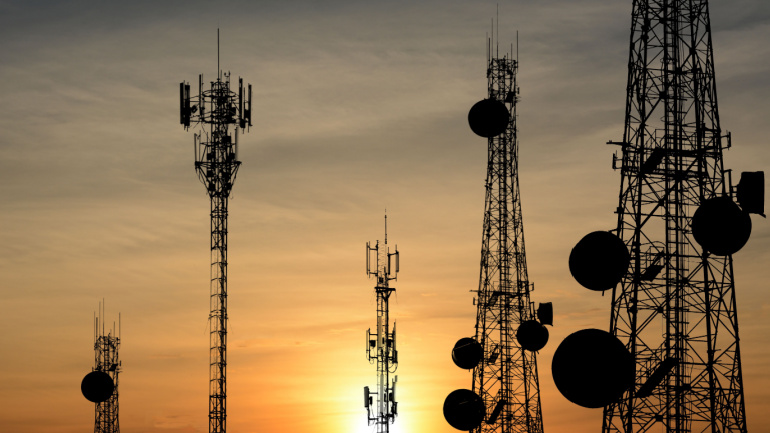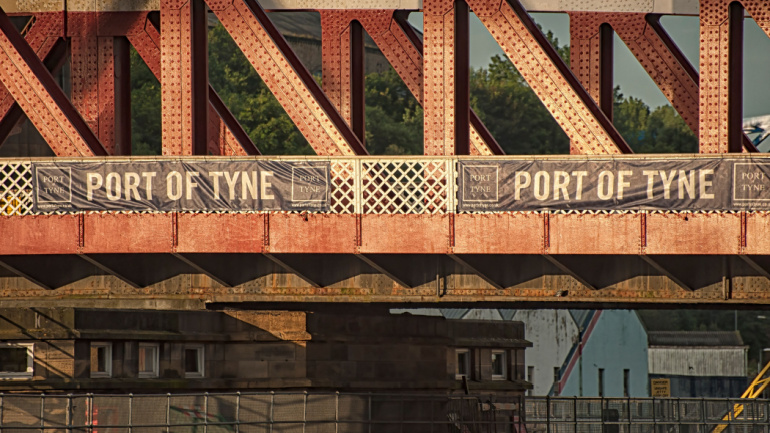Telefónica, the notable Spanish telecom giant, is hinting at sizable workforce reductions. Yet, figures conflict between reports, leaving uncertainty about the affected employee count. Amidst global economic instability, these layoffs align with Telefónica’s strategic shift to prioritize cash generation and operational excellence. Such a move echoes other industry leaders’ recent job cuts, suggesting a broader trend.
As Portugal’s telecom operator Nos marks two years of 5G services, it declares readiness to launch services on a new 5G standalone infrastructure. Despite the slower than expected progress, Nos’s move signifies a key contribution to the sector. Intriguingly, the viability and potential benefits of this new infrastructure remain a matter of debate. With collaborations with Nokia and Ericsson, Nos envisions a surge in ultra-low latency services.
Distinguished selections, momentous awards, and unprecedented telecom innovations marked the recent proceedings. Notably, Telia Company’s Global IoT Connectivity solution won the B2B Service of the Year, while PT Telekomunikasi Selular took laurels in the Digital Transformation Programme category.
Ericsson, Vodafone, and Qualcomm Technologies recently pioneered data transmission via RedCap on a European network for the first time, unlocking a more streamlined, efficient mode of connectivity for IoT and other devices. Tested on Vodafone Spain’s 5G platform, the Ericsson’s RedCap technology enhances connectivity potential while providing economic and efficient data transmission. Furthermore, the demonstration introduced a new technology, New Radio Light, for extending battery life of customer devices.
Global mobile core network market’s slowest quarterly growth since 2017, according to Dell’Oro, is attributed to tough political and economic conditions and slower 5G network rollouts. Distinctively unstable trends mark the sector, with Huawei holding the lead in provider rankings for Q3.
In a push for universal cybersecurity standards, the EU faces backlash from global telecommunications titans like Ericsson and Nokia, who warn of supply chain disruptions akin to those experienced during COVID-19. Striking a balance between stringent security measures and smooth product availability is crucial, prompting these industry leaders to suggest increased self-assessment and more lenient implementation timeframes. However, the underpinning question remains – who should ensure industry compliance, the vendors or third parties? Amidst the surge in cybercrime, a secure, streamlined approach is paramount.
The Port of Tyne, a key player in UK’s maritime infrastructure, is embarking on an exciting technological journey, partnering with Ericsson and BT to establish 4G and 5G private network connectivity. By engaging revolutionary standards in safety, efficiency, and sustainability, the Port aspires to become an exemplar among smart ports. Uniquely, the port-wide private network incorporates both 4G and 5G standalone connectivity, benefitting legacy devices while enabling cutting-edge 5G applications. This technological upgrade paves the way for futuristic applications that could revolutionize port operations while reducing carbon emissions. Learn more about this visionary initiative and its potential implications for the maritime industry.
Telecommunication giant BT, in collaboration with Nokia and MediaTek, is exploring the potential of 5G Reduced Capability (RedCap) for Internet of Things (IoT) applications. Recently conducted trials at BT’s research centre aimed at uncovering new use-cases for this technology, which, simplified and less complex than 4G, promises a more efficient IoT ecosystem. As suggested by BT’s Chief Networks Officer, Greg McCall, the RedCap technology could “unlock a new wave of innovation” within the 5G landscape.
Anticipation builds as the international telecommunication industry readies for the 2023 Global Telecoms Awards, offering a glimpse of the brightest advancements in the sector. This year’s fierce competition promises a thrilling revelation on November 30th, stretching from top-shelf 5G innovations to groundbreaking strides in AI and sustainable telecom solutions. Coinciding with the awards, the Future Vision Executive Summit promises to stimulate discussion on pressing telecom industry topics. Don’t miss out, the future of telecommunications unfolds here.
As Malaysia deliberates on Huawei’s engagement in their projected second 5G network, international eyebrows are raised. Clamor for transparency grows louder as the telecom world anticipates waves of change from this decision’s rippling effects.













